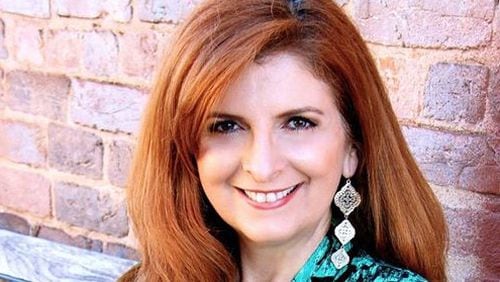“In the world it is called Tolerance (…) the sin that believes in nothing, cares for nothing, seeks to know nothing, interferes with nothing, enjoys nothing, hates nothing, finds purpose in nothing, lives for nothing, and remains alive because there is nothing for which it will die.” — Dorothy Sayers
Religious and conservative leaders have raised their voices against New York’s Reproductive Health Act, which, among other provisions, has expanded abortion rights up to the third trimester and birth. The other side of the aisle defends the issue on social media and news outlets, accusing the “right wing” or “religious fanatics” of bigotry, ignorance and intolerance.
Déjà vu.
Intolerance is indeed becoming increasingly common in our society, but it certainly is not only coming from one side of the aisle. Truth be told, conservative views are under extreme attack. Or is it just me who has noticed that, in order to be accepted and popular, Christian leaders must concentrate on preaching love and grace, forgiveness and mercy, remaining silent when it comes to their beliefs concerning moral subjects that are clearly addressed in Scriptures, both in the Old and New Testament?
If a message focuses on Jesus’ forgiveness and grace extended to the woman caught in the act of adultery, we are applauded, and our posts are shared multiple times. But if our message focuses on Jesus’ admonition after forgiving her: “Go and sin no more!” well, we are not so popular anymore. Indeed, I am afraid that in the name of tolerance and in order to avoid conflict, many pick and choose what to believe in Scriptures.
This alleged “tolerance” draws a blurry line between my absolute and someone else’s, to the point that one can easily lose the gauge on what they truly believe. Tolerance in this context, according to the Merriam-Webster Dictionary, is the “sympathy or indulgence for beliefs or practices differing from or conflicting with one’s own.”
By definition, believing something opposite from what someone else believes is therefore not intolerance. It is called a difference in belief or opinion, and its expression is called freedom of speech, and (thank God) it is protected by our Constitution.
When asked about my opinion on various moral subjects, my answer is always the same: I have a book which sets the standards I live by, which, since I am a Christian, is the Bible. I believe it in its entirety. I believe in its relevance. Not because someone told me I should, but because I have been studying it for 25 years and have tested and proven it to be a true source of hope, peace and guidance for my life. I stand by it, because it has become my compass. It absolutely does not mean I hate people whose life choices are different than mine; or wish ill on those who do not agree with me. It does not mean I do not want them near me or my family. It simply means that I will not compromise my beliefs, just as those who disagree with me will not compromise theirs.
Many of Jesus’ followers were among men and women who were despised in Israel for their life choices. He was followed by tax collectors, former adulterers, prostitutes, liars and cheaters. They saw the light and followed it. But Scriptures are clear: They left their darkness behind when choosing to follow him. Jesus opened his loving arms to welcome sinners, but not without calling them out in their sin. Did he offer “sympathy or indulgence for beliefs or practices differing from or conflicting with his own?” I think not. He loved them, but not without standing on what he came to teach as truth.
I believe it is a sad day when, in the name of so-called tolerance, men and women who once stood firm on their principles, slowly veer to a position of compromise. As people of faith, let us choose where we stand and then, let us stand tall. Everyone else is doing that.
While our Constitution defends our right to freely speak up, let us not be ashamed or afraid to be counted as one who still believes in absolutes. That’s not intolerance or bigotry. It’s called courage to stand by your beliefs.






